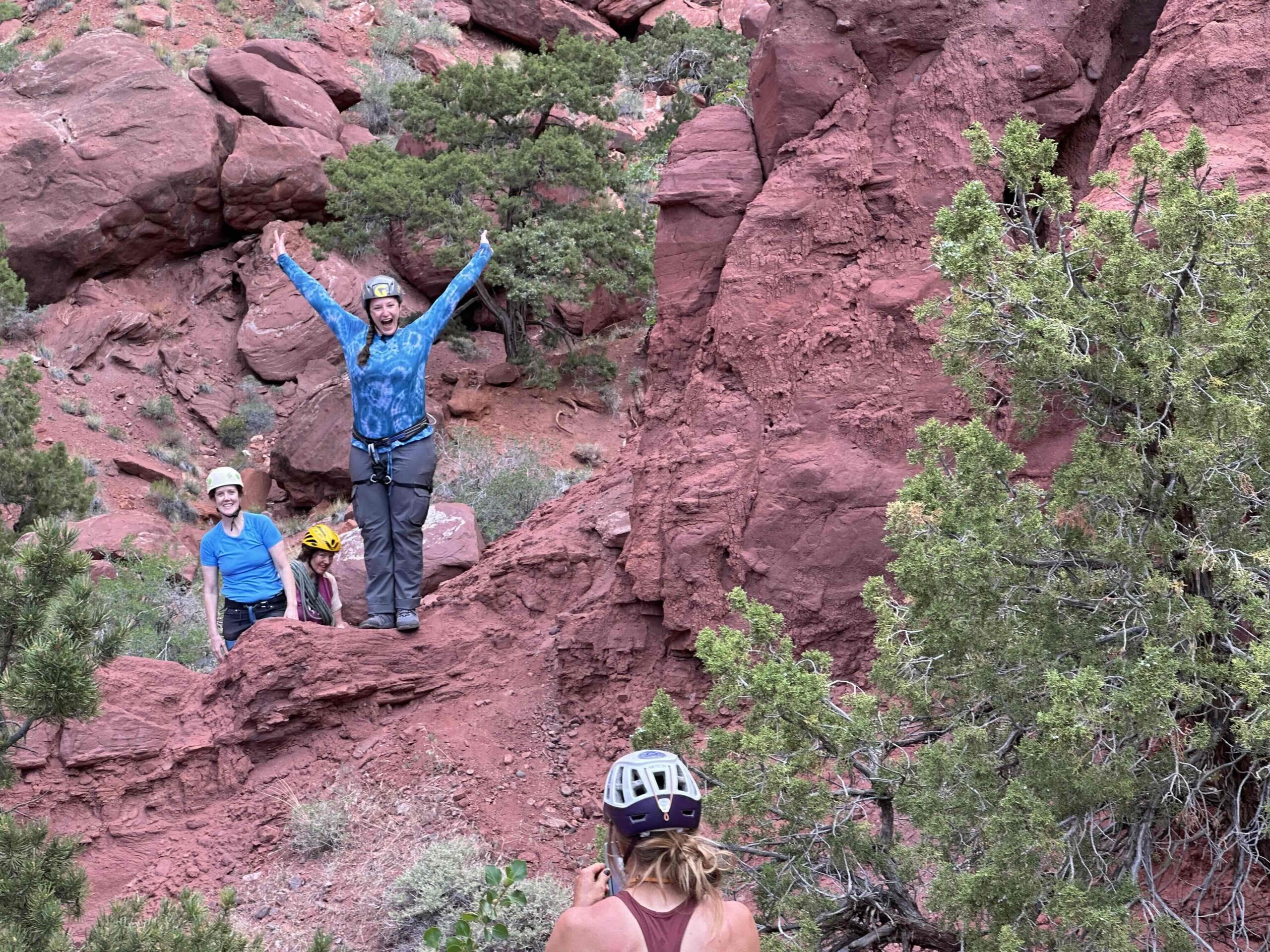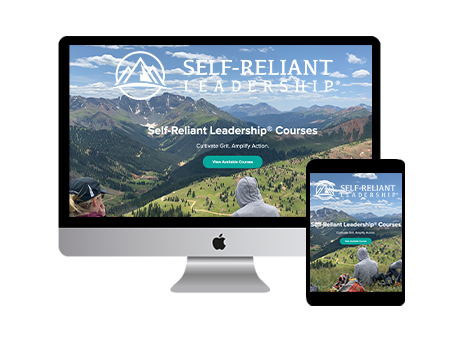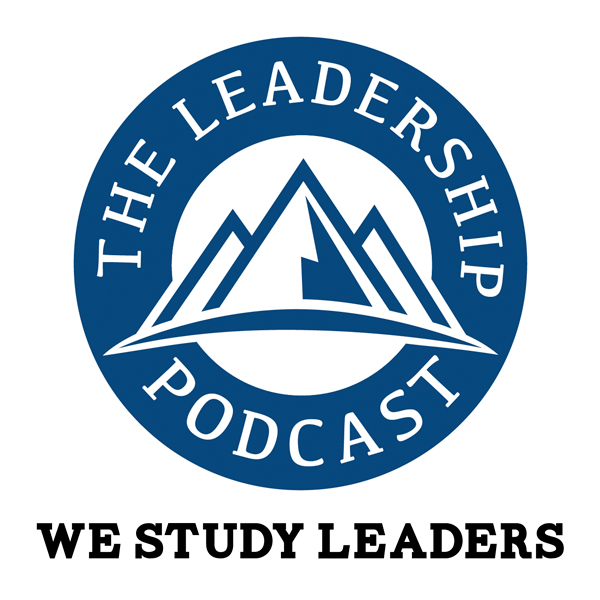Colleen Abdoulah Interview – April 8, 2014
When Colleen Abdoulah enters the room, you know it’s going to get interesting. Besides the heartfelt embrace, you’ll notice an executive with presence, wit, intellect, compassion and humility. What makes Colleen so interesting is that she knows effective leadership is not the mastery of skills, but one of constant balance between results and relationships (performance and people). As she says, “Leadership is simple, but not easy.” Colleen, more than most, has figured out how to care deeply for people while at the same time asking them to give more than they thought they could. She draws out exceptional performance through others by being extremely clear with her expectations, and creating an environment for people to take risks, occasionally fail, but ultimately, learn, grow and produce.
Listed below are the 15 questions I asked Colleen during a one-hour interview along with my brief interpretation of her responses (versus verbatim answers). To see the interview in it’s entirety please watch the videos.
1. Can you name a person who has had a tremendous impact on you as a leader? Maybe some one who has been a mentor to you? Why and how did this person impact your life?
Her family and parents’ operating principle was one of honesty and respect. Surround yourself with smart people, and know that titles and things don’t make you better than others. She was surprised to see work environments early in her career that stifled innovation. She also came to realize that the environment (i.e., culture, structure, systems, processes, incentives, etc.) is what motivates people – not leaders alone. Mistakes have to be valued, and risks acceptable to create a learning environment. Her motto: Learn faster – execute better.
2. What are the most important decisions you make as a leader of your organization?
Self-awareness is key. She created a succession plan four years ago. Too many organizations don’t have enough bench strength. Risk is inherent with any decision, and it has to be calculated. At the same time, decisiveness is critical, and it needs to be based on the core values of the organization.
3. As an organization gets larger there can be a tendency for the “institution” to dampen the “inspiration.” How do you keep this from happening?
The organization has to have a foundation built on core values that are expressed through actions – not just words. Decisions speak the values louder than mere words on paper.
4. Where do the great ideas come from in your organization?
Great ideas come from the front lines and those directly supporting them – not the executives. It has to be collaborative environment for creativity to flourish.
5. Which is most important to your organization—mission, core values or vision?
Servant leadership is the value upon which the foundation rests. The structure was built with the end client in mind. It’s akin to an orchestra’s ability to perform without a conductor, but performing best when the conductor brings out the very best.
6. How do you or other leaders in your organization communicate the “core values”?
It starts with the measurements for each area of the business. It’s expressed in the way people are hired, trained, evaluated, promoted and fired. Too often insecurities get in the way. Leaders must use their power and influence to serve others.
7. Do you set aside specific times to cast vision to your employees and other leaders?
There is a personal responsibility to check in with people to understand if conflict is being avoided, and to understand how time and energy are being invested.
8. How do you ensure your organization and its activities are aligned with your “core values”?
It’s a shared responsibility. A leaders needs to be curious, and passionate, and a strong work ethic can be developed in others by truly understanding them.
9. What is one characteristic that you believe every leader should possess?
Humility – because it grounds you and controls ego. Being vulnerable makes one authentic, and it ties in with being genuine. “Embrace all you are, and all you are not.”
10. What is the biggest challenge facing leaders today?
Personal connections. You can’t overly rely on technical forms of communication to develop relationships.
11. What is one mistake you witness leaders making more frequently than others?
Making assumptions without the necessary curiosity to dig deeper into the situation, data, options, and choices for decisions.
12. What is the one behavior or trait that you have seen derail more leaders’ careers?
Doing too much with a lack of clarity or strategic discipline to stay focused.
13. Can you explain the impact, if any, that social networking has made on your organization or you personally?
You have to work hard at not being addicted to the technology, and an annual retreat for silence and solitude is critical to learn to be truly present.
14. What advice would you give someone going into a leadership position for the first time?
Know yourself, and know what you stand for… Do your internal work to know your purpose. Areas of growth are strengths you mismanaged. The How matters. You can’t just focus on the What.
15. What are you doing to ensure you continue to grow and develop as a leader?
Be reflective to best support the new leaders. Continue to read and stay curious. Grow spiritually to be aware and enlightened. Have a positive impact.







